While my job basically is to welcome all the distinguished ladies and gentlemen who have come to honour me today, let me begin by confessing that I didn’t anticipate that this book would generate the kind of excitement I have seen in recent days.
For instance, I woke up yesterday morning to discover that people were already buying the book on Kindle, having announced in my column that it would only be on sale from today. And it has been trending ever since. But let me also use the opportunity to answer a question.
The idea for this book germinated when, in the course of my Fellow’s programme at the Weatherhead Center for International Affairs, Harvard University (during the 2010/2011 academic session) I decided to research into why it is difficult for incumbent presidents to lose elections in Africa. In the process, I discovered that competitive presidential elections held in sub-Saharan Africa in the preceding two decades resulted only in 4 percent defeat and 96 percent victory for the incumbents. As it would happen, when I applied the same principle to the rest of the world, I found out that it is a global trend as incumbents were defeated at the polls only 7 percent of the time, winning 93 percent of the time.
The conclusion I could draw from that is that there was not much difference between Africa and the rest of the world with respect to “incumbency factor”. Having eliminated that as the main factor why elections are usually skewed against the opposition whenever incumbents were on the ballot, I tried other variables. Eventually, I was able to locate fractionalized opposition as the main factor.
Advertisement
As at the time I was working on the paper, which I eventually titled “Divided opposition as boon to African incumbents”, Nigeria was going through the 2011 presidential election that had President Goodluck Jonathan standing against Major General Muhammadu Buhari (rtd). At that period, there were attempts at forming an opposition platform around Buhari and the former Lagos State Governor, Asiwaju Bola Tinubu but they turned out to be too little too late. Yet from my findings, the only opposition coalition that can defeat an incumbent is one built over years and not one cobbled together weeks to the election.
When the election eventually held and Buhari lost, I adapted my research paper for a newspaper article which I titled “Divided They Run, United They Lose: How Fractionalized Opposition Strengthens African Incumbents”. It was widely circulated in the media at home even though I was still then in the United States. The idea was to state clearly that Buhari should locate his defeat not on rigging or the factor of incumbency but rather in the fact that he could not build a credible coalition. Let me quote just two paragraphs from that paper:
“…Even when there may be a few lapses in the conduct of the last presidential election in Nigeria, the outcome could not have been otherwise given the manner in which the opposition approached the contest. There are, however issues which the Independent National Electoral Commission (INEC) should look into for the sake of future elections. Respected constitutional lawyer and Senior Advocate of Nigeria (SAN), Professor Itse Sagay, has for instance questioned results from the South East and South-South geopolitical zones of the country. Against the background that the consensus of the international community and that of most Nigerians is that Jonathan won, the pertinent question remains: how does such allegation help the opposition?
Advertisement
“While not advocating against the legal option already taken by a section of the Nigerian opposition, my contention is that it is more productive for them to begin to plan and organize for future elections. The perennial narrative that they are rigged out by the ruling party is becoming hollow. In a milieu where political parties are not only weak but lack financial wherewithal while there is no ideology binding members together, forging an electoral alliance is a long and arduous task. Waiting till weeks or days to the election to begin the process for such an alliance is therefore no more than an open invitation to a sure defeat.”
As I argued in that paper, the value of opposition coalition goes beyond being the sum of the parts, it helps to galvanise a kind of momentum that could persuade the voters that change was possible. I borrowed from the thesis of Issaka K. Souare that opposition coalition serves as a form of psychological boost which in turn helps to dent the myth of incumbent invincibility. “Opposition coalition building can therefore restore the hope of voters in the process and persuade them to vote. Seeing such popular support for the opposition, the ill-intentioned ruling regime may then be discouraged from rigging” he said
Given the foregoing, it is clear that defeating an incumbent in most countries, including Nigeria, requires the creation of strategic coalitions of political parties in which personal ambitions would have to be sacrificed for group goals. I was therefore excited when, as early as 2012, there were efforts between Buhari and Tinubu to form a formidable platform that could effectively challenge the then incumbent. On 31st March 2015, I was elated that the outcome of the presidential election validated my 2011 thesis.
However, as a keen follower of events that culminated in the defeat of President Jonathan, it was also clear to me that while a credible opposition platform that the All Progressives Congress (APC) represented helped, it was not the main reason why the election went the way it did. So, I decided to interrogate the factors that led to that unprecedented electoral outcome in our country. The result is what we are presenting today.
Advertisement
While I am sure there will be other books on the election, including by the principal actors themselves, I hope this helps to shed some light on a very anxious period in Nigeria’s history that ended on a bright note with the concession of defeat by an incumbent president.
Thank you very much for coming and may God take you all back safely to your respective destinations when we all depart from here.
Text of a welcome remark at the public presentation of my book, ‘Against The Run of Play’ in Lagos on 28th April, 2017
Advertisement
Views expressed by contributors are strictly personal and not of TheCable.
1 comments
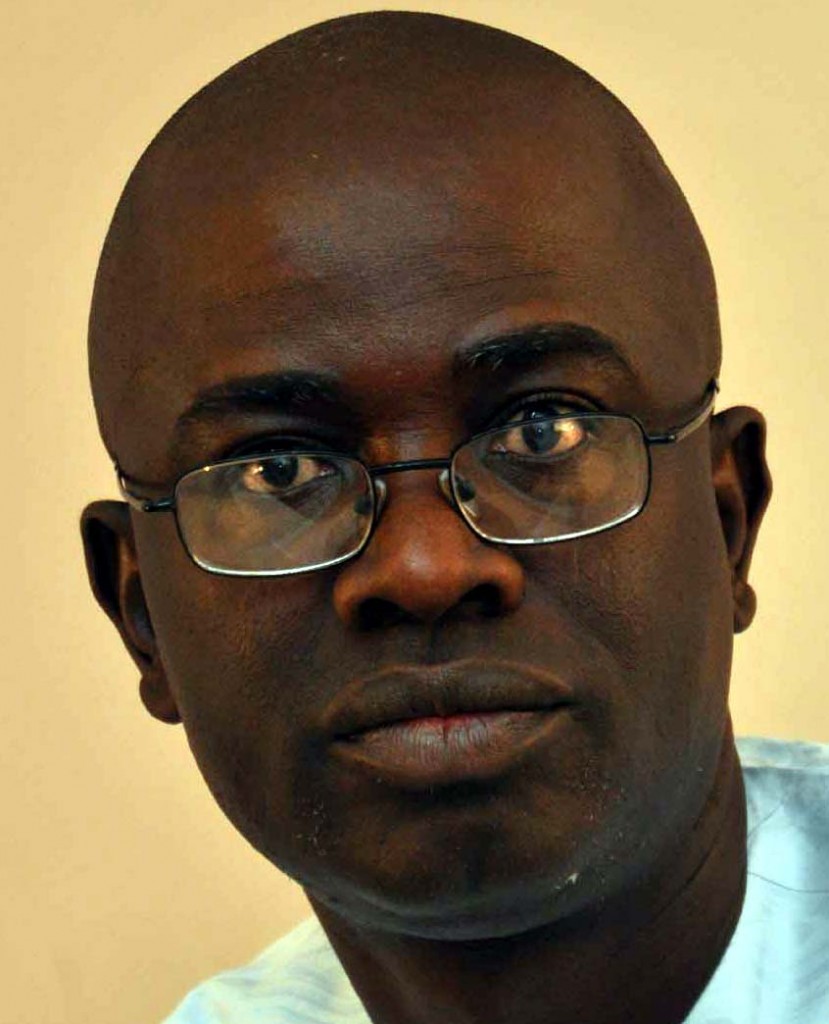
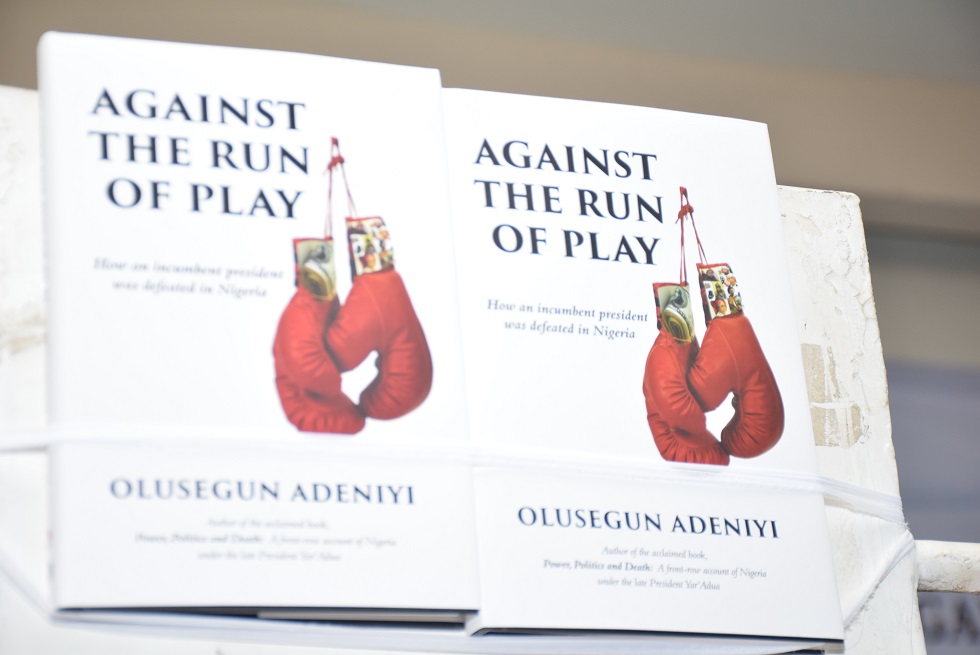

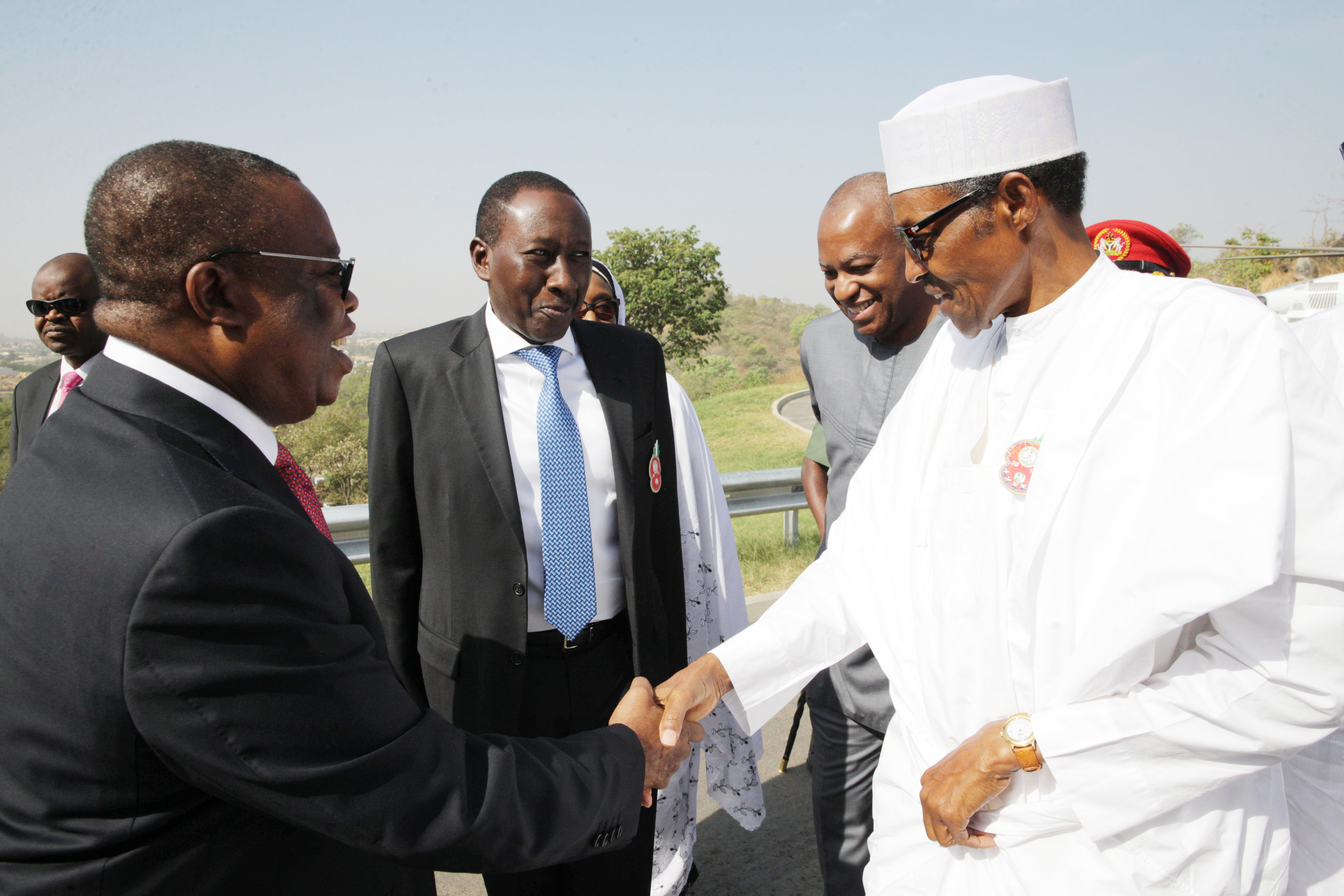
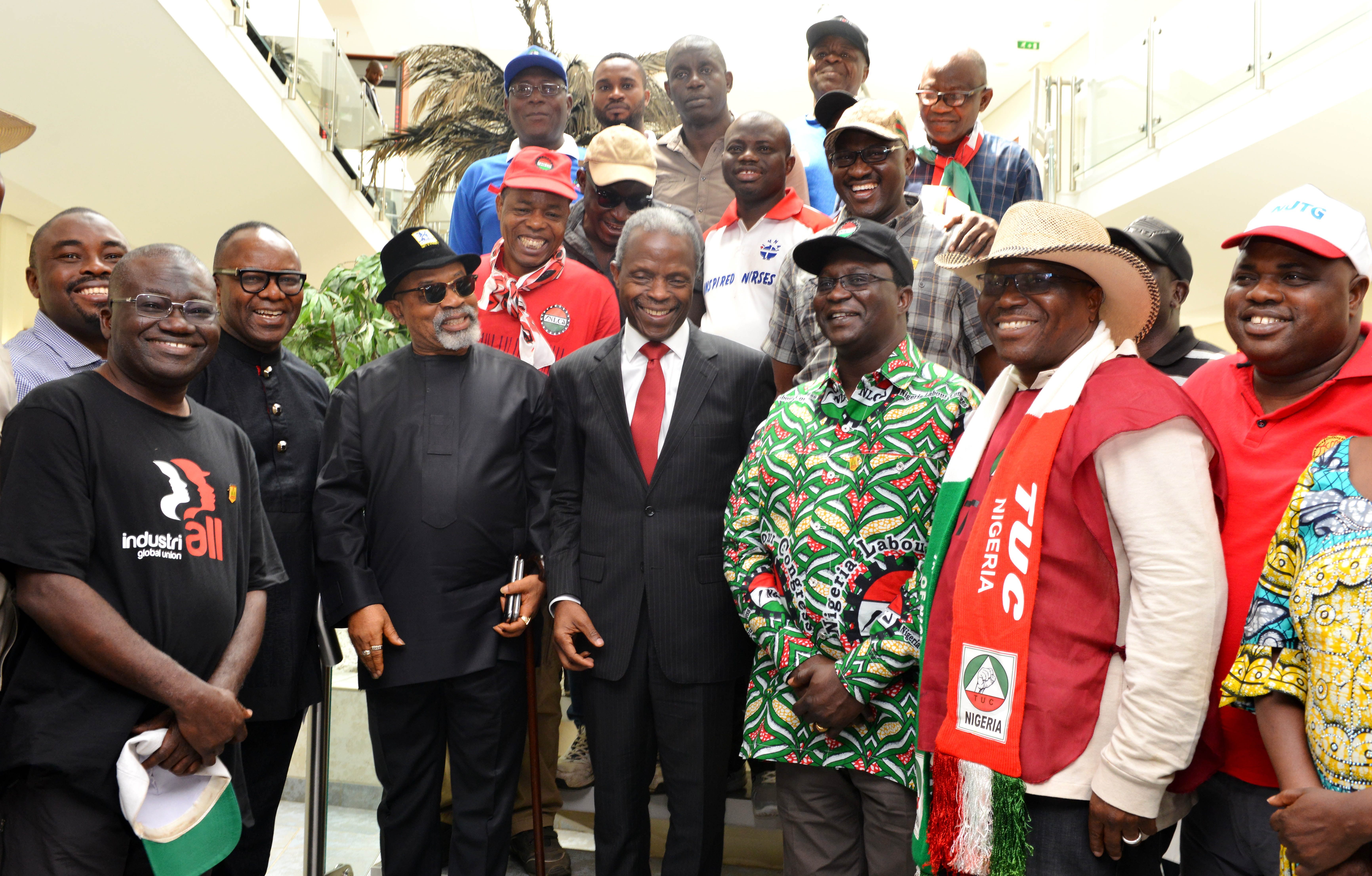


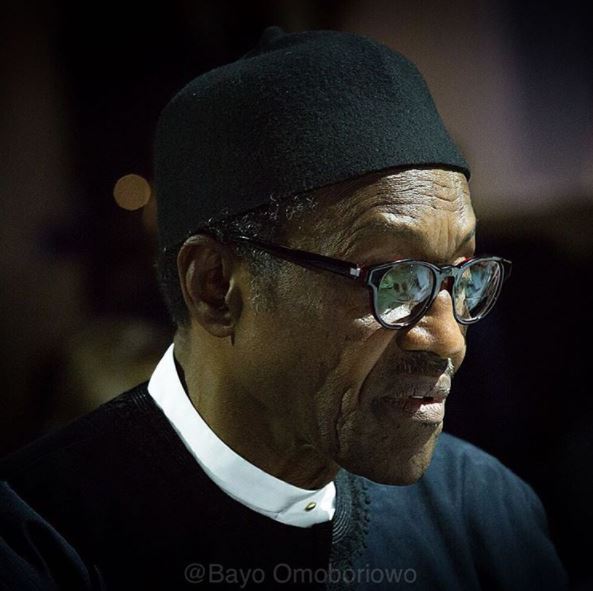
You developed a brilliant thesis. Note, however, that the Punch’s editorial of today highlights rather controversial aspects of your new book, where you disingenuously absolve former president Jonathan of many shortcomings during his watch. I find their piece quite an expose.